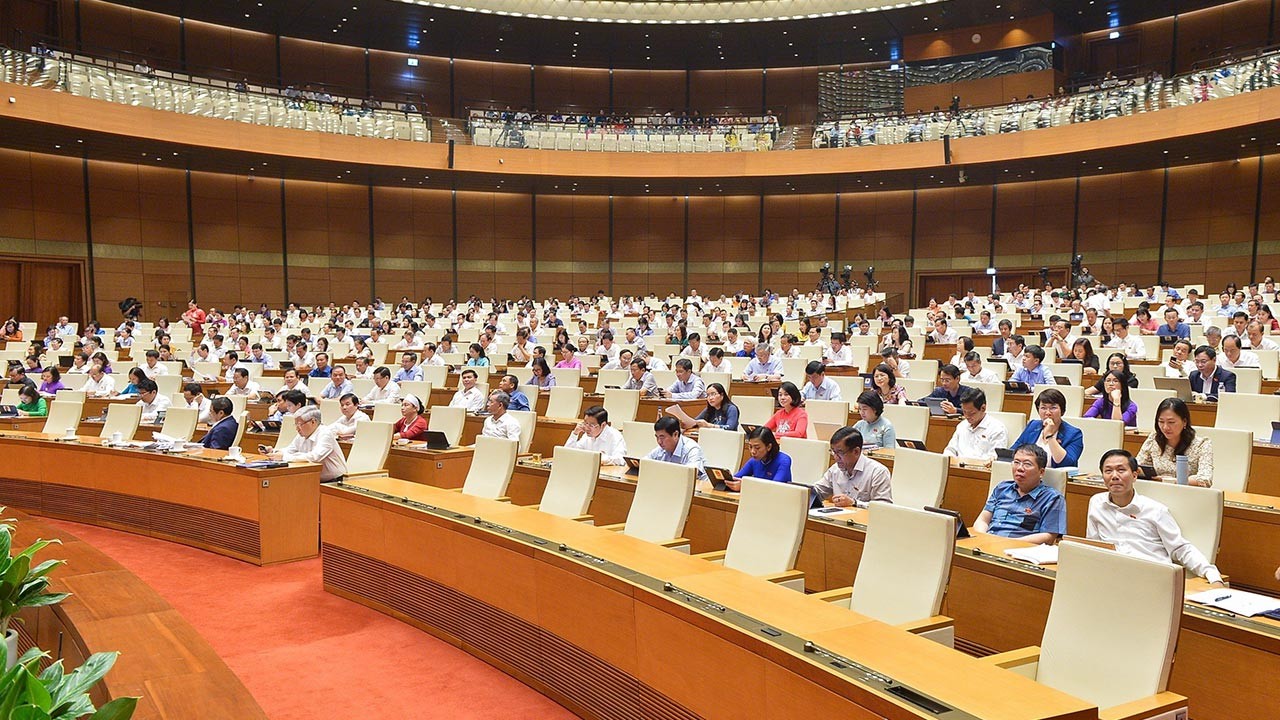 |
| National Assembly deputies meeting in the hall on the morning of May 31. |
Discussing in the hall about the additional assessment of the results of the implementation of the socio-economic development plan and the state budget in 2022; the implementation of the socio-economic development plan and the state budget in the first months of 2023, National Assembly deputies expressed their joy and excitement at the results achieved in the fields of economy, culture, society, national security and defense of the country in 2022 and the first months of 2023. Especially, in the context that many countries in the region and the world are facing many difficulties, challenges and the risk of falling into economic recession.
Two groups of officials 'afraid of responsibility'
According to delegate Tran Quoc Tuan, National Assembly Delegation of Tra Vinh province, under the leadership of the Party Central Committee, the National Assembly, the Government has made correct and timely decisions to help our country's economy recover quickly after the Covid-19 pandemic and achieve quite comprehensive and positive results in many areas: the macro economy is basically stable, inflation is controlled, social security is concerned, national defense and security are strengthened, the consumer price index (CPI) and major balances of the economy are ensured.
Delegate Tran Quoc Tuan also pointed out some shortcomings and limitations that hinder the country's economic development. The delegate agreed with the Government on the limitations mentioned in the Report, but he questioned why the phenomenon of officials having a mentality of being afraid of responsibility had not appeared before, but it has only appeared now? Not only that, it has spread from the central to local levels and continues to spread from the public to the private sector.
Therefore, the delegate emphasized that it is necessary to identify the root cause of this disease in order to effectively treat it, which means we need to differentiate and clearly identify which types of cadres are afraid of responsibility and what causes the existence of such cadres afraid of responsibility.
The delegate said that there are two groups of cadres: One is cadres who have degraded political ideology, cadres who avoid and are afraid of responsibility, who push things away, are afraid of making mistakes, cadres who do not want to do things because there is no benefit. The other is cadres who are afraid of breaking the law so they do not dare to do things.
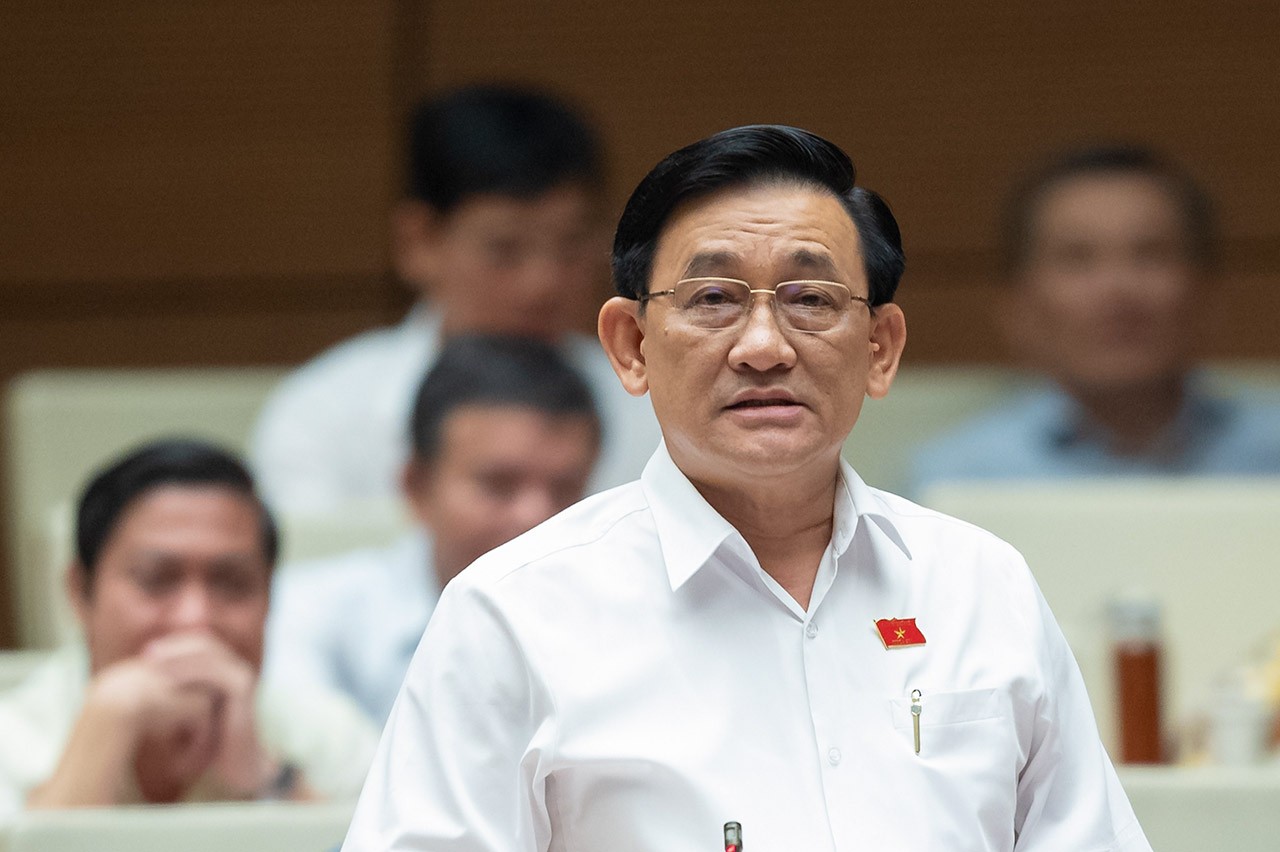 |
| Delegate Tran Quoc Tuan, National Assembly Delegation of Tra Vinh province, spoke on the morning of May 31. |
Delegates analyzed the causes leading to the situation of officials deteriorating in political ideology and fear of violating the law. Delegate Tran Quoc Tuan proposed that the National Assembly and the Government should focus on researching, reviewing, amending and supplementing the full contents of legal regulations, especially sub-law documents, to ensure strictness, consistency and ease of application so that localities, units, organizations and individuals can immediately implement them.
Further decentralization and delegation of power as the Prime Minister has repeatedly directed has not yet seen any change. If this work is done well, it will reduce the pressure and burden on higher-level agencies, while increasing the responsibility of localities and lower-level agencies.
To do so, it is necessary to determine which tasks are the responsibility of the locality, boldly delegate authority to the locality, and the locality will be responsible before the law. At the same time, continue to strengthen inspection and supervision to guide, remind, and urge effective implementation of public duties.
The disease of shirking responsibility and fear of responsibility occurs.
Sharing the same opinion, delegate Duong Khac Mai, National Assembly Delegation of Dak Nong province, said that there is a disease of shirking responsibility, fear of responsibility, and fear of mistakes among a number of officials.
Speaking at the meeting, contributing comments on the additional assessment of the results of the implementation of the socio-economic development plan and the state budget in 2022; the implementation of the socio-economic development plan and the state budget in the first months of 2023, delegate Duong Khac Mai - National Assembly Delegation of Dak Lak province expressed his agreement and appreciation for the Government's Report. Accordingly, the Government has just had quick solutions to prevent and end the Covid-19 epidemic; early forecasting of the economic situation, attracting capital flows to stabilize the socio-economy...
However, delegate Duong Khac Mai also expressed concern that economic growth in the first 6 months of 2023 has not met expectations; the lives of a part of the population are still difficult; high-tech crime; the disease of shirking responsibility, fear of responsibility, fear of mistakes of a part of officials... are issues that the Government needs to pay more attention to...
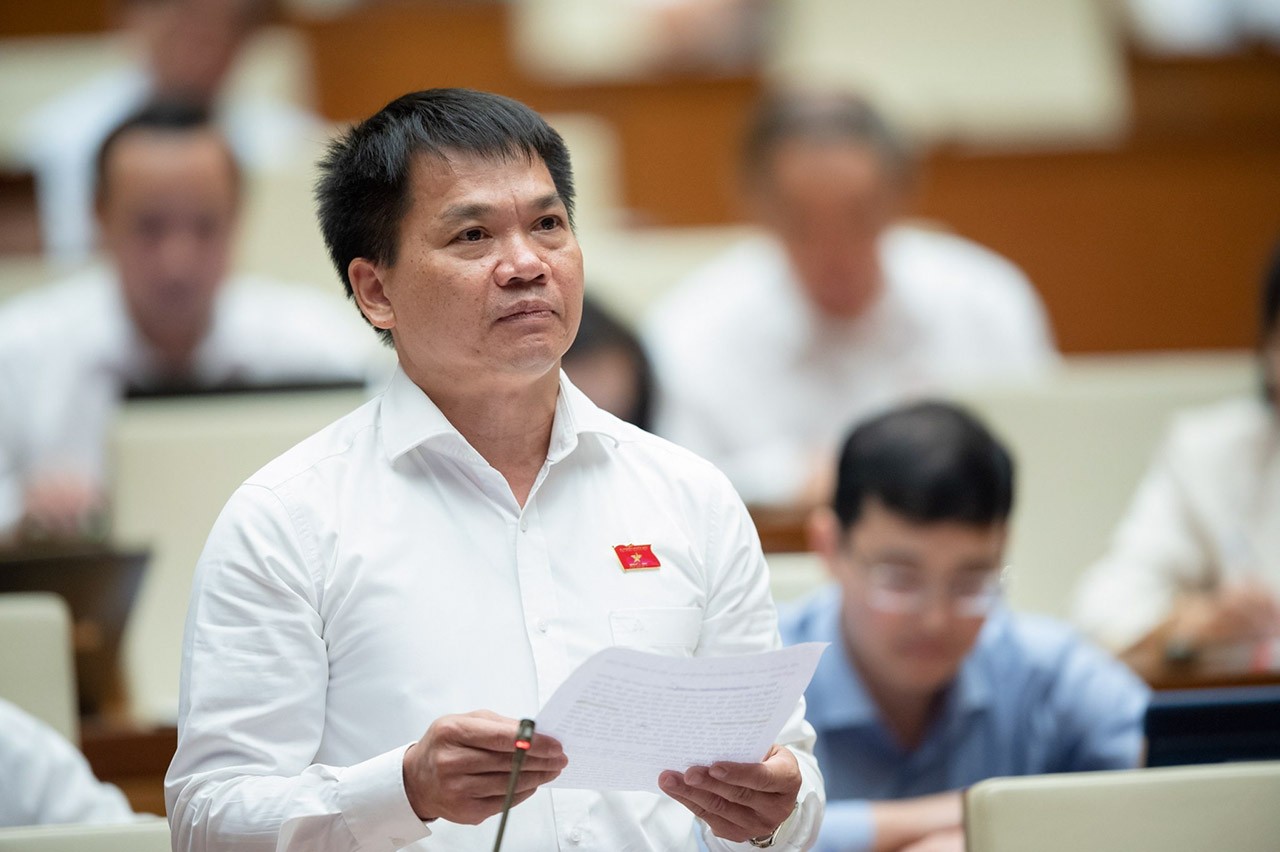 |
| Delegate Duong Khac Mai, National Assembly Delegation of Dak Nong province. |
To implement the policy of improving welfare, ensuring social security and people's lives, according to the Government's Report, the care and development of the elderly has achieved many results.
However, due to the limited scale of the social security fund, our country cannot guarantee income for all elderly people. Meanwhile, population aging is taking place at an increasingly rapid rate and in the near future will have a strong impact on all aspects of economic and social life. This is an issue that needs special attention because the current system of policies and laws on social security for the elderly is not complete.
To contribute to solving this problem, delegate Duong Khac Mai proposed that the Government soon direct the completion of the social security legal policy system, comprehensive care for the elderly, develop a synchronous, diverse, and high-quality social insurance system, effectively combining social insurance and commercial service insurance to meet the different needs of the people.
The State can consider supporting the Voluntary Social Insurance Fund to encourage the participation of the self-employed, farmers and traditional occupations or promote socialization, have incentive mechanisms, create a favorable environment for the development of diverse social security models, including the elderly care model to ensure increasingly better implementation of basic human rights, in accordance with the income and payment capacity of the country for each citizen. Building policies and laws on social security for the elderly must be implemented in parallel with the economic legal system.
Resolutely disburse public investment capital
Speaking at the meeting, delegate Pham Dinh Thanh, National Assembly Delegation of Kon Tum province, shared the difficulties and challenges in the leadership and management of the Government and ministries in recent times.
To better achieve work results in the coming time, delegates proposed that the Government direct and immediately review and clarify the causes, thereby drastically implementing appropriate solutions to overcome the slow disbursement of public investment capital in the past time.
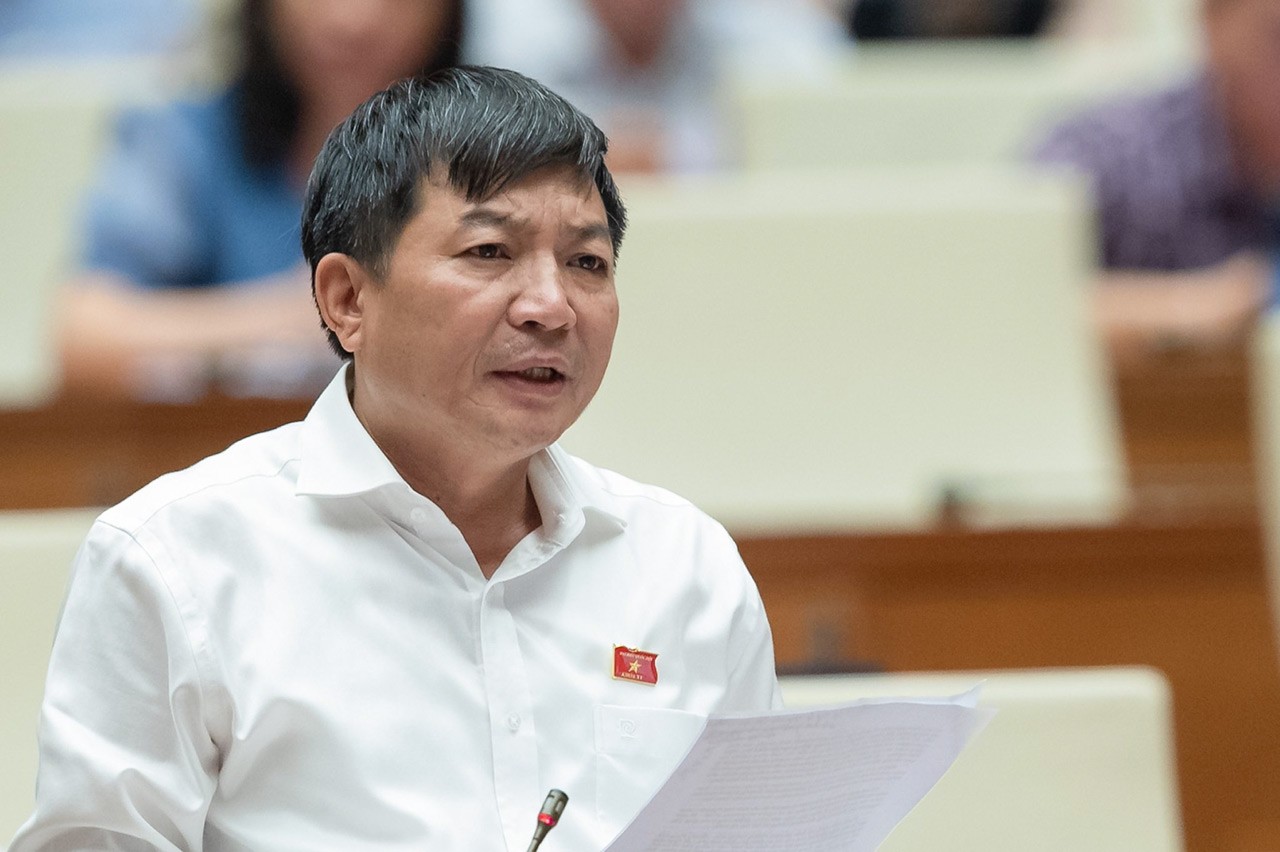 |
| Delegate Pham Dinh Thanh, National Assembly Delegation of Kon Tum province. |
In addition, it is necessary to review and remove the obstacles and shortcomings that the Government has mentioned in its report to the National Assembly. Delegates suggested giving priority to reviewing and immediately removing the shortcomings of the policy mechanism and guiding regulations related to the implementation of the socio-economic recovery and development program and the 3 National Target Programs, in order to help ministries, branches and localities implement these programs to meet the requirements of quality and progress set out.
Regarding the development of the Central Highlands region, delegates suggested that the Government should soon pay attention, direct the review and have specific mechanisms and policies to remove existing difficulties and obstacles, major obstacles to the development of the Central Highlands provinces, especially the lack of appropriate regulations on decentralization and delegation of authority to decide on the conversion of forest and forest land use purposes.
The delegate emphasized that this is one of the reasons for the slow implementation of projects, and also the reason for the slow disbursement of public investment capital in recent times.
Delegates said that it is necessary to soon issue appropriate policies to implement the Politburo's policy on developing forest economy, economy under forest canopy, leasing forest environment for cultivation and development of medicinal herbs, and have mechanisms for the Central Highlands provinces to best exploit the existing potential and advantages of renewable energy sources to develop large wind power and solar power projects, in order to gradually help the Central Highlands become the renewable energy center of the country.
Source


![[Photo] North-South Expressway construction component project, Bung - Van Ninh section before opening day](https://vstatic.vietnam.vn/vietnam/resource/IMAGE/2025/4/17/ad7c27119f3445cd8dce5907647419d1)

![[Photo] President Luong Cuong receives Lao Prime Minister Sonexay Siphandone](https://vstatic.vietnam.vn/vietnam/resource/IMAGE/2025/4/17/337e313bae4b4961890fdf834d3fcdd5)
![[Photo] General Secretary To Lam attends conference to meet voters in Hanoi city](https://vstatic.vietnam.vn/vietnam/resource/IMAGE/2025/4/17/889ce3da77e04ccdb753878da71ded24)

![[Photo] Many practical activities of the 9th Vietnam-China border defense friendship exchange](https://vstatic.vietnam.vn/vietnam/resource/IMAGE/2025/4/16/3016ed3ef51049219574230056ddb741)
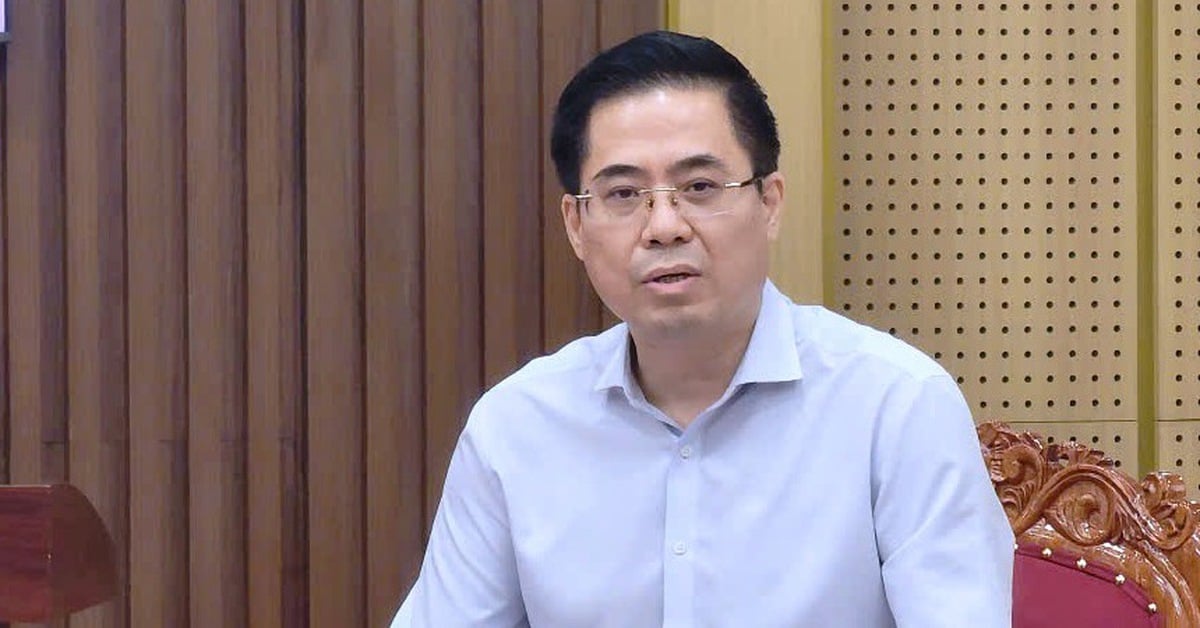

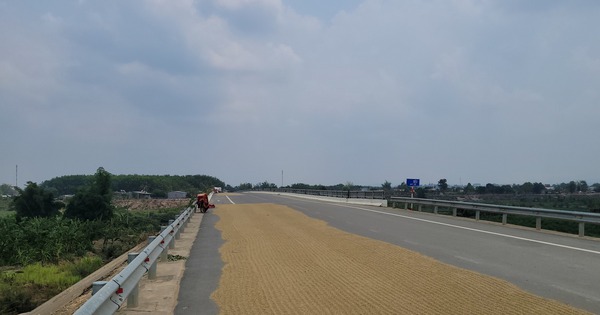





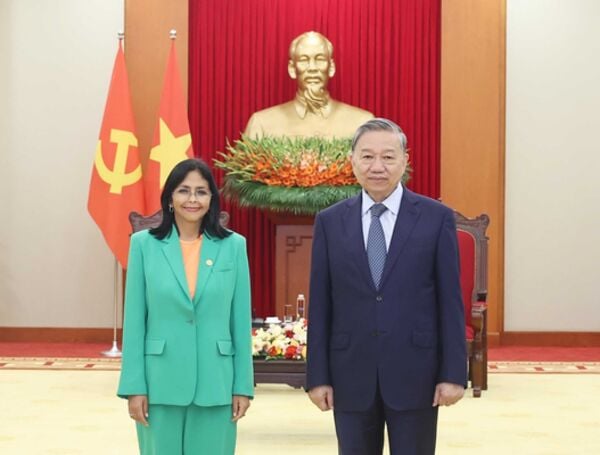


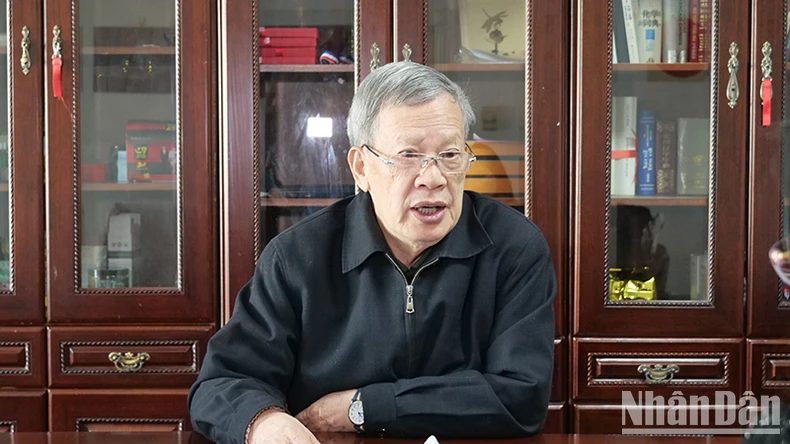








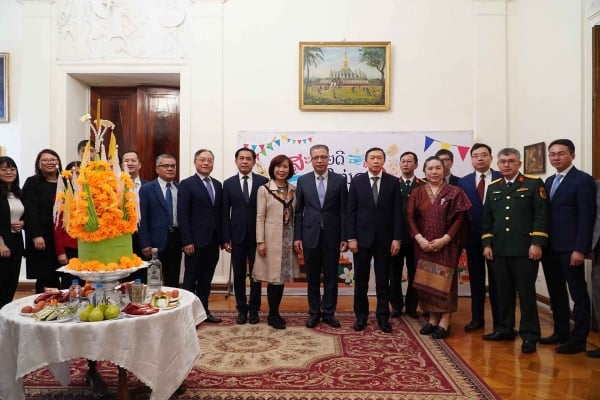
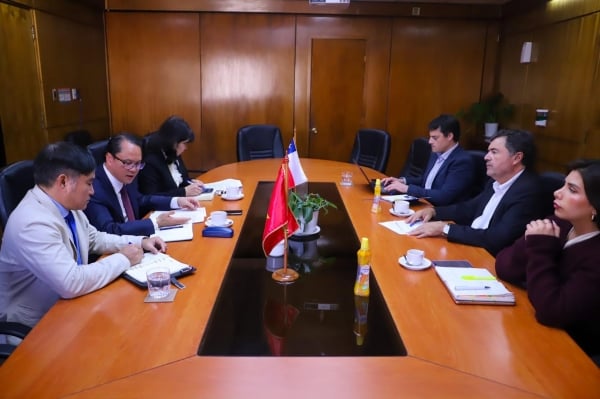


![[Photo] President Luong Cuong receives Ethiopian Prime Minister Abiy Ahmed Ali](https://vstatic.vietnam.vn/vietnam/resource/IMAGE/2025/4/16/504685cac833417284c88a786739119c)
![[Photo] National Assembly Chairman Tran Thanh Man meets with Ethiopian Prime Minister Abiy Ahmed Ali](https://vstatic.vietnam.vn/vietnam/resource/IMAGE/2025/4/16/c196dbc1755d46e4ae7b506c5c15be55)
![[Photo] Opening of the 4th Summit of the Partnership for Green Growth and the Global Goals](https://vstatic.vietnam.vn/vietnam/resource/IMAGE/2025/4/16/488550ff07ce4cd9b68a2a9572a6e035)







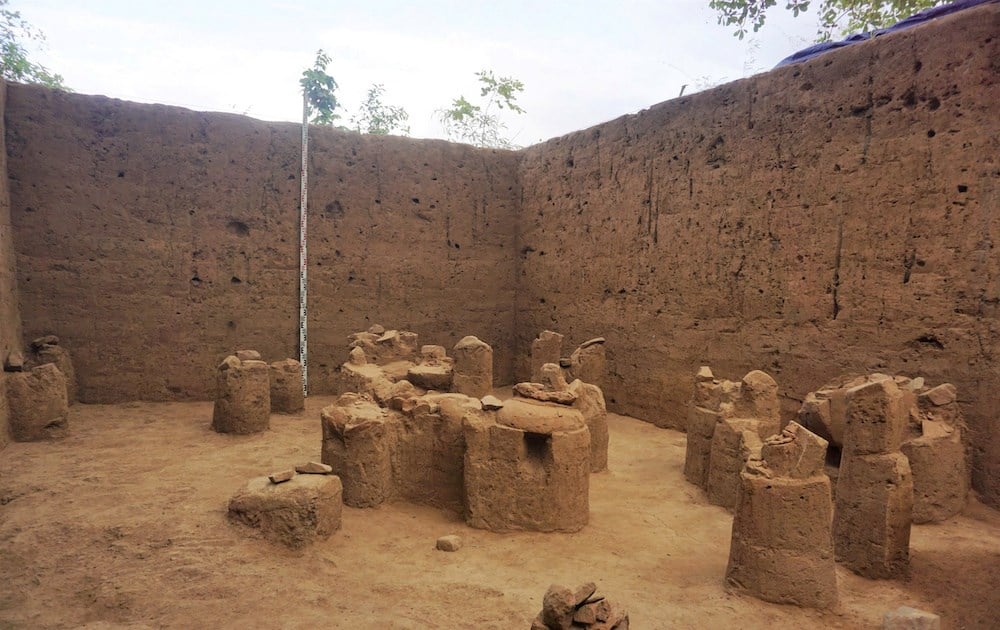















![[Video] Viettel officially puts into operation the largest submarine optical cable line in Vietnam](https://vstatic.vietnam.vn/vietnam/resource/IMAGE/2025/4/17/f19008c6010c4a538cc422cb791ca0a1)




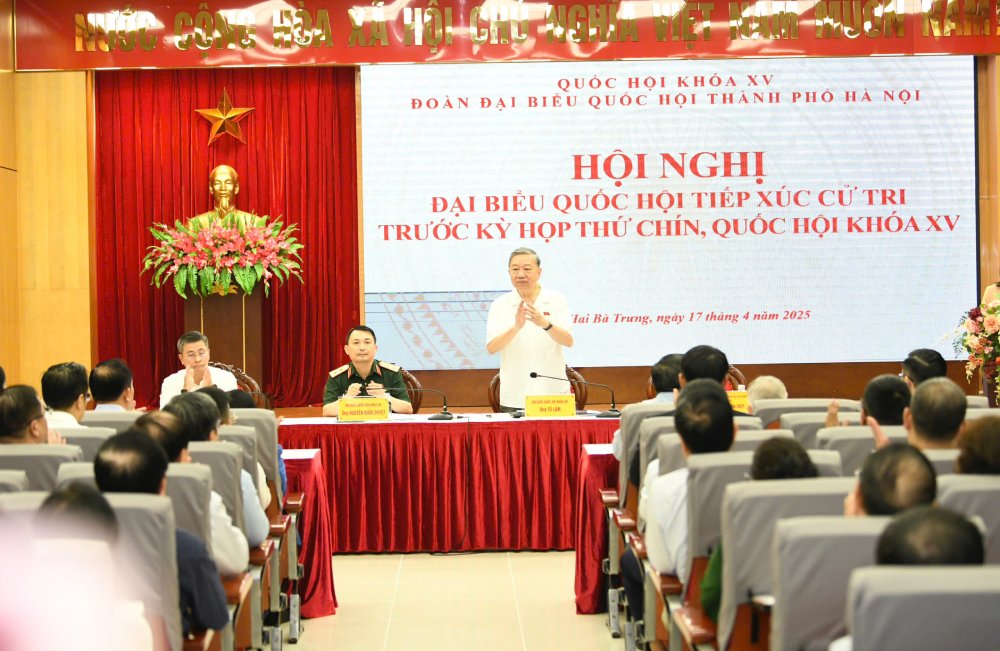

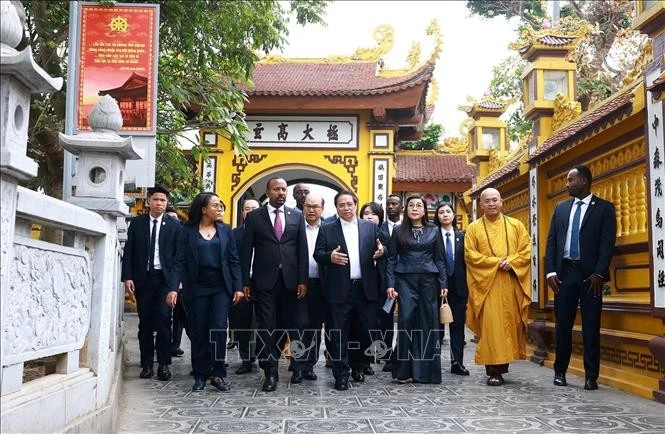




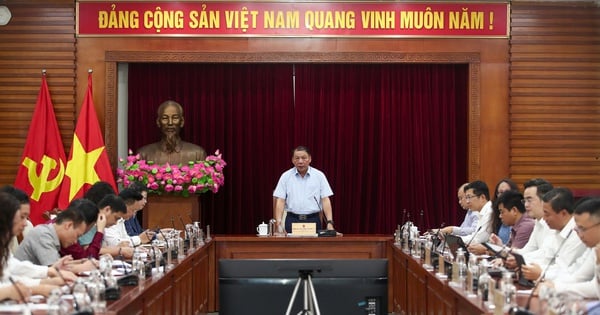


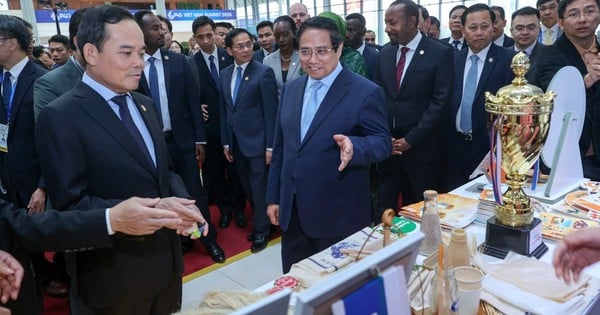

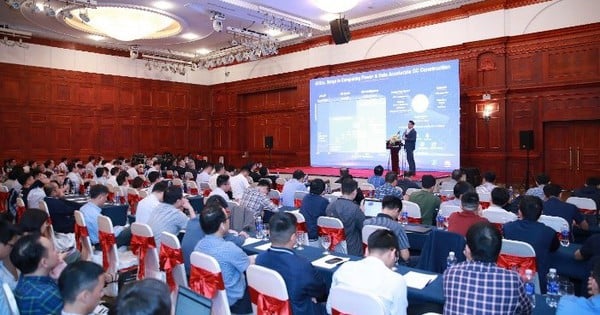
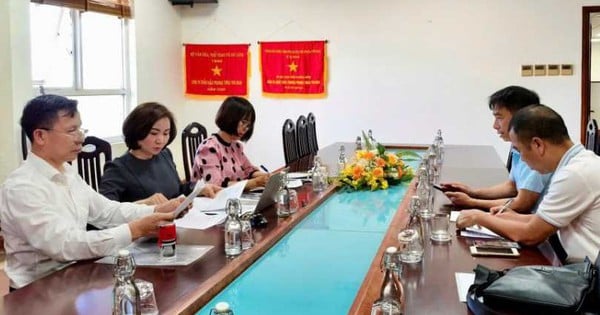

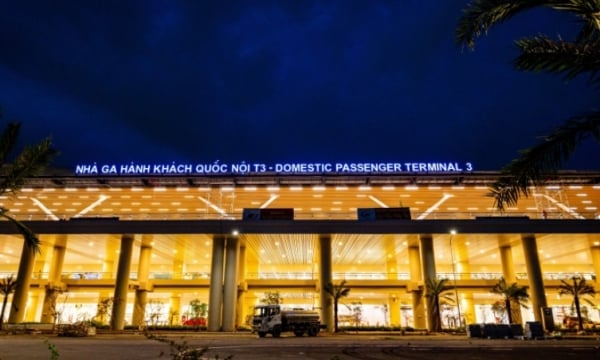
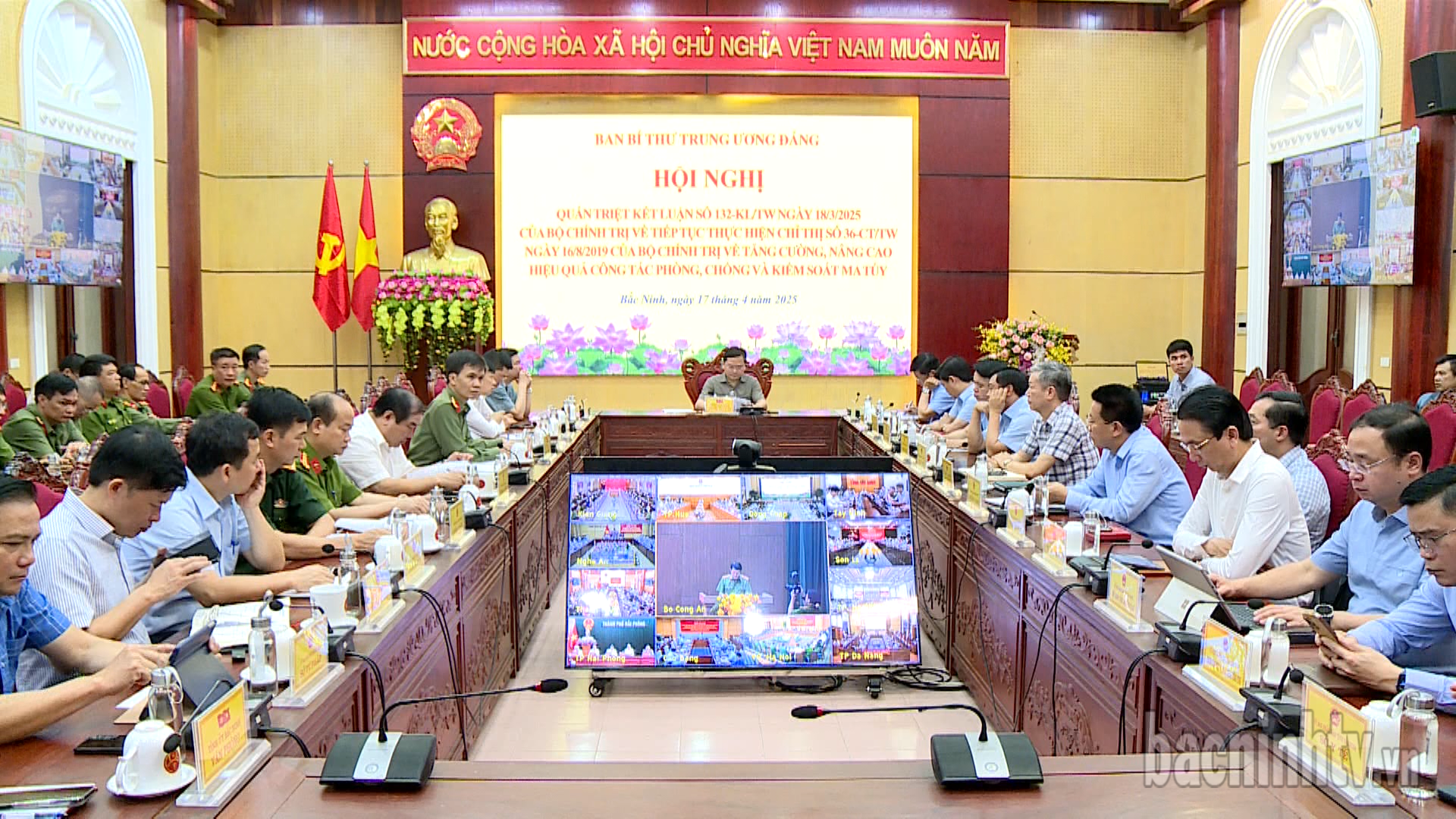
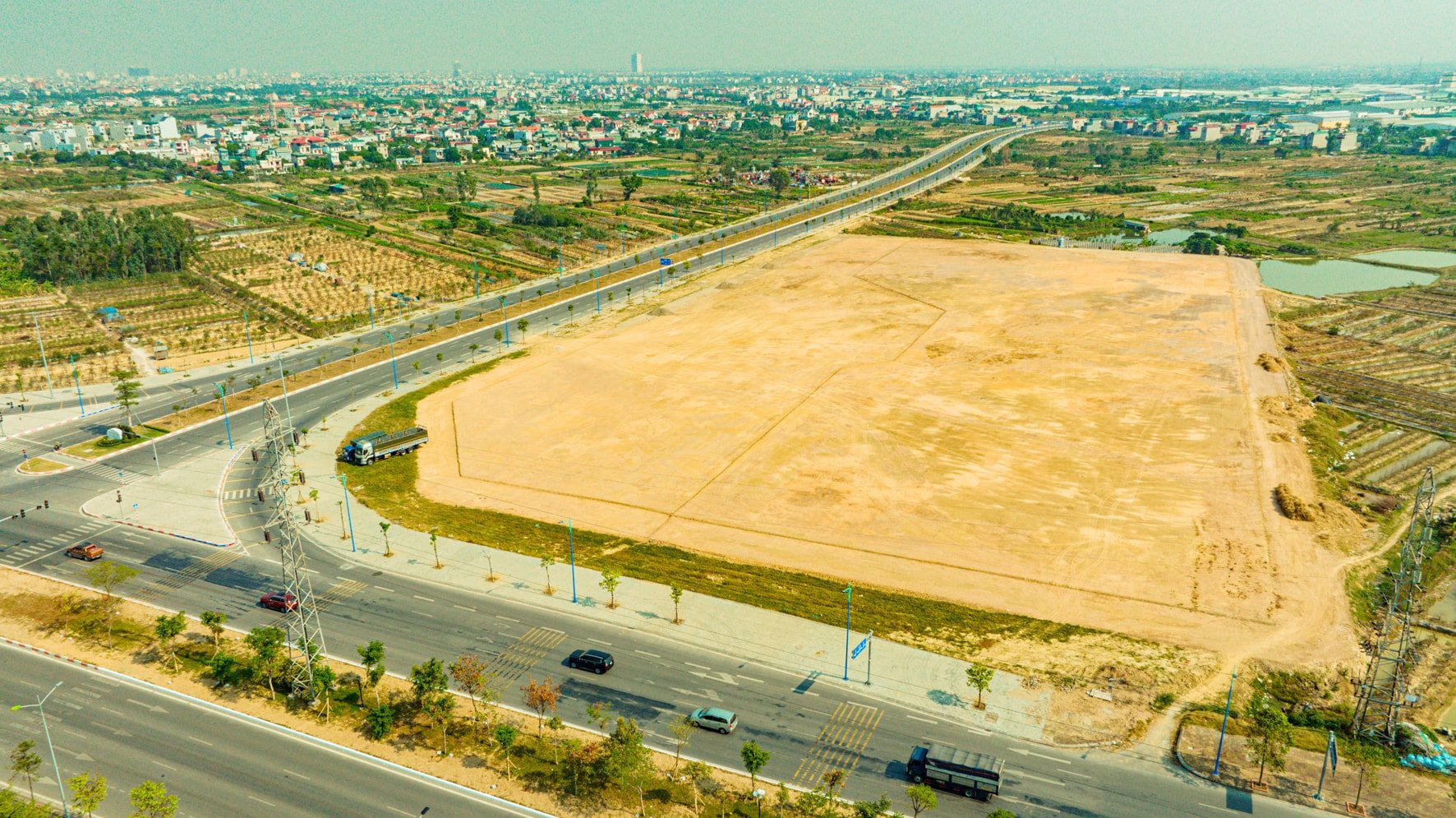



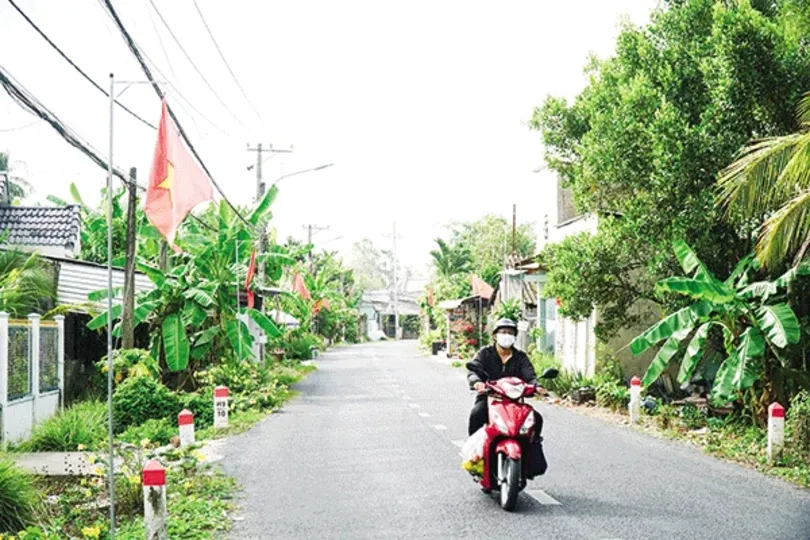











Comment (0)